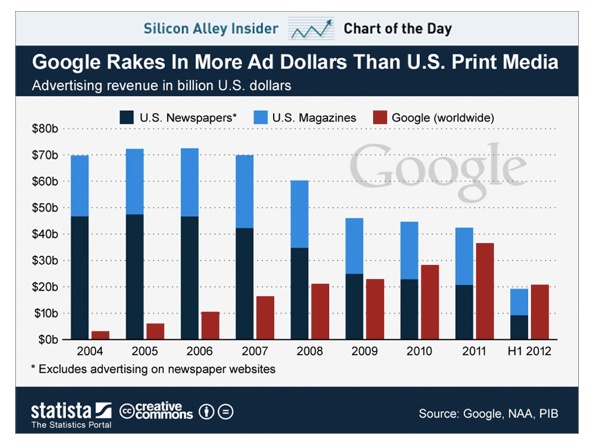I’ve been thinking. Always a bad idea (as my mother used to say). And four uncomfortable thoughts come to mind.
A far better indication of the consequential dangers of content regulation by the state is the Hutton inquiry. The content-regulated BBC was called to account for its actions in reporting on David Kelly while Paul Dacre and Lord Rothermere (who ran the same story) were not. The question of independence needs to be tested against broadcasting’s record of investigations of UK political power, and history suggests that this has been less than stellar. Over time, it has certainly been consistently more constrained than parallel probes by the printed press: witness, for example, Hackgate itself, and the Guardian’s crucial role in that.
That’s true. There are some examples where TV journalism has indeed taken on the power of the state and won. Think, for example, of the investigative reporting which led to the freeing of the Guildford Four and the Birmingham Six. But mostly the journalists who did that were working not for the BBC but for the old ITV companies.
Like I said, uncomfortable thoughts.

